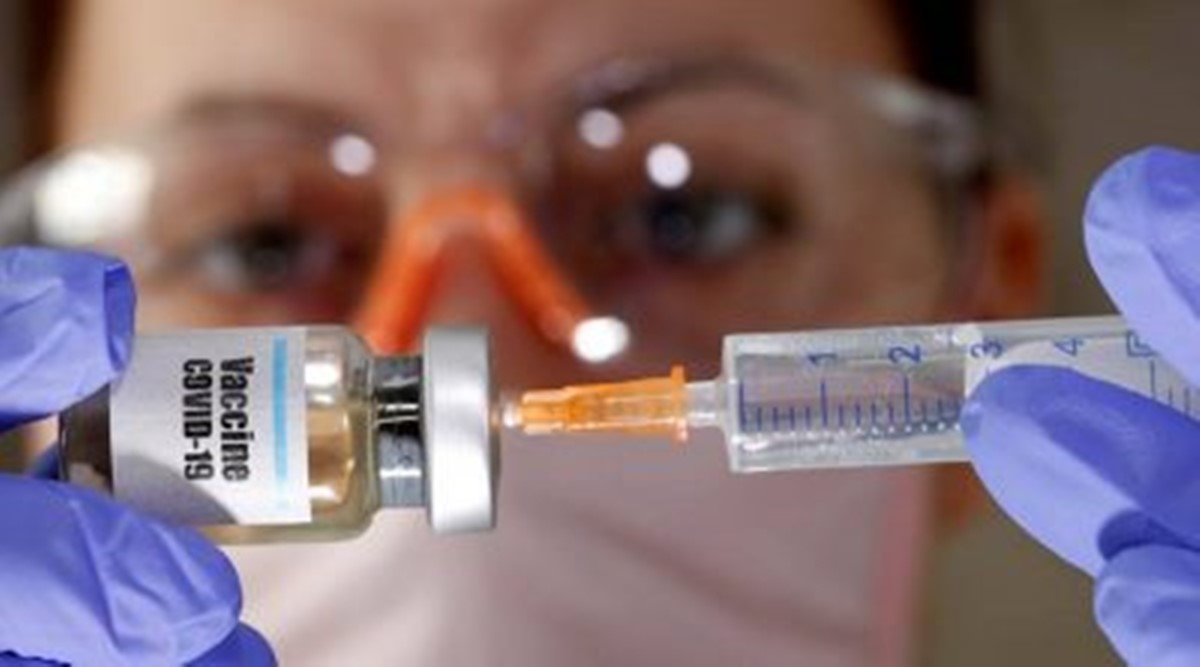 Pune was the fourth major city to report results of a seroprevalence survey to detect the presence of antibodies to SARS-CoV2 virus. (Representational)
Pune was the fourth major city to report results of a seroprevalence survey to detect the presence of antibodies to SARS-CoV2 virus. (Representational) The Indian Council of Medical Research’s National Institute of Virology is planning to undertake seroprevalence studies among healthcare workers in the city. A seroprevalence survey uses antibody tests to estimate the percentage of people in a population who have antibodies against SARS-CoV2.
Dr Priya Abraham, director, ICMR-NIV, said the serosurvey study will begin very soon. “We are also conducting a study in seroprevalence among non-healthcare essential services providers in the city,” Abraham said.
While ICMR-NIV, Pune, has contributed to a national serosurvey in urban containment zones, Abraham said these studies will be conducted in Pune as it will help in getting baseline seroprevalence data among these categories in the population.
The seroprevalence study is underway with volunteers involved from specific groups like police, sanitation workers, grocery store employees and chemists who provide non-healthcare essential services.
At B J Medical College and Sassoon General Hospital, a seroprevalence study was done among staff and patients earlier. Authorities had shown that there was not very high sero positivity among healthcare workers at the hospital, which was among the busiest in the lockdown period, treating a large number of Covid-19 patients.
Dr Rajesh Karyakarte, head of the department of microbiology at B J Medical College, said that at least 1,409 samples have been tested for Covid-19 antibodies till now. As many as 818 samples were tested from patients, healthcare workers and plasma donors. “Approximately 11 per cent of healthcare workers had tested positive for antibodies – indicating that proper training and use of PPE helped in preventing SARS-CoV2,” Karyakarte said.
In July-August last year, after, Delhi, Ahmedabad and Mumbai, Pune was the fourth major city to report results of a seroprevalence survey to detect the presence of antibodies to SARS-CoV2 virus. While the survey had reported a high prevalence of antibodies among selected wards in the city, the need was felt for a larger survey.
Efficacy of Covaxin vaccine candidate in protecting hamsters
A new study by ICMR-NIV scientists and others has confirmed the immunogenic potential of Covaxin (BBV152A) vaccine candidate, which showed a better response in protecting Syrian hamsters against SARS-CoV2. “We have assessed the immunogenicity and protective efficacy of inactivated SARS-CoV-2 vaccine candidates BBV152A, BBV152B and BBV152C in Syrian hamsters. All the three were inactivated virus vaccine formulations in different antigen concentrations.
The findings confirm the immunogenic potential of the vaccine candidates and further protection of hamsters challenged with SARS-CoV-2. of the three candidates, BBV152A (Covaxin) showed the better response,” Dr Pragya Yadav, NIV scientist and corresponding author of the study, said in an email response. A copy of the study’s pre-proof which is online, will be published in Iscience.